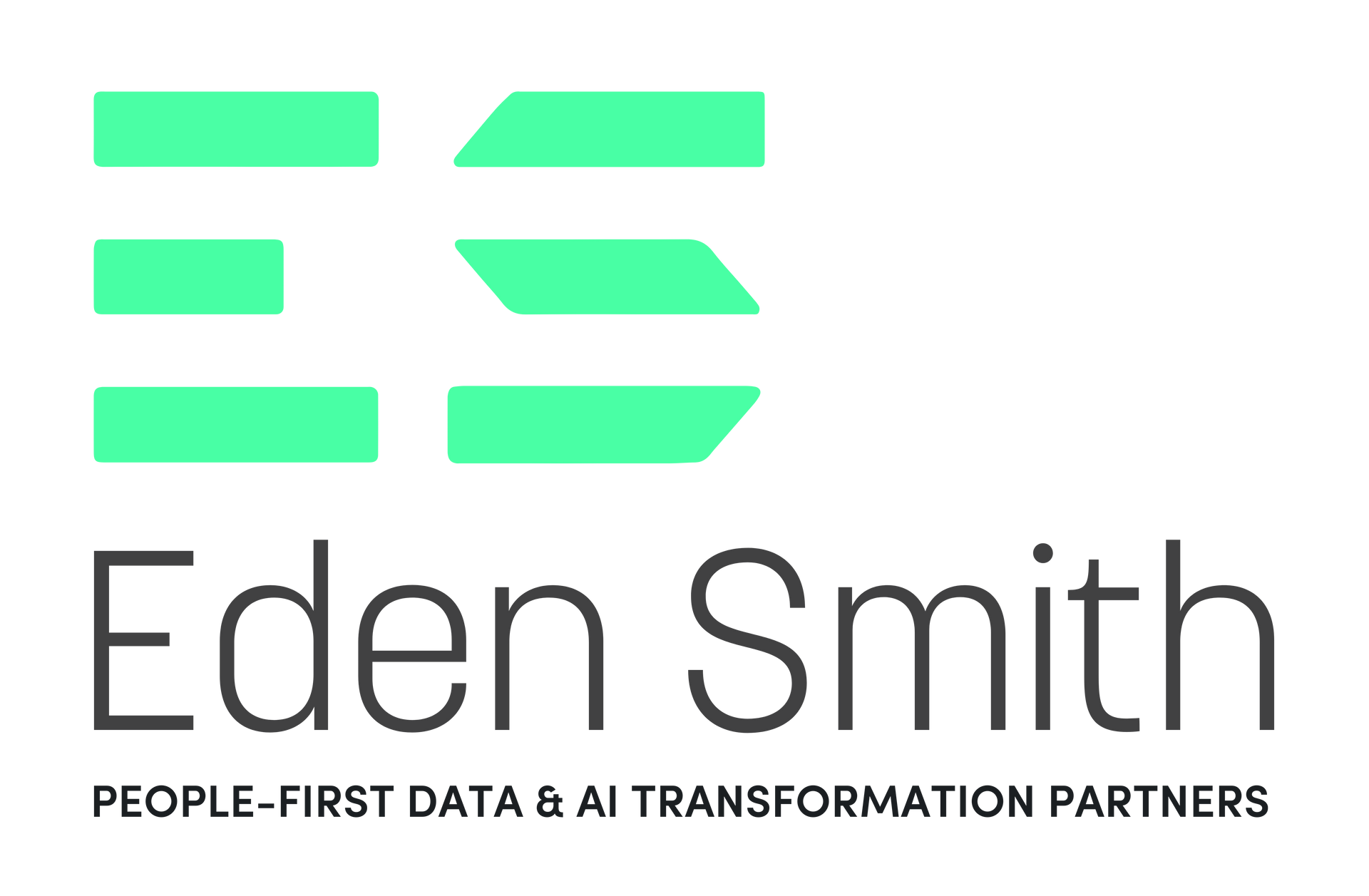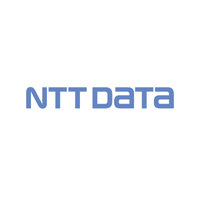Why ESG Reporting is the Next Big Data Challenge for Businesses
Businesses today don’t just face financial data, they now also collect huge volumes of ESG data: emissions, social responsibility metrics, governance structures, supply chain practices, human rights compliance, and more. What was once a compliance checkbox is rapidly evolving into a strategic necessity. But that evolution brings a new set of data challenges that many companies are only just beginning to confront.
Regulatory Pressure and Reporting Scope Expansion
Regulation is increasingly pushing ESG from voluntary disclosure to mandatory reporting. For example, the EU’s Corporate Sustainability Reporting Directive (CSRD) expands reporting requirements to more companies and more detailed ESG areas. Businesses are seeing not just more data to collect, but more kinds of data, higher granularity, and tighter demands for auditability and assurance.
But many organisations are not ready. A Workiva survey found that 83% of companies believe collecting accurate data for CSRD will be a challenge. ESG Today Meanwhile, only around 29% of companies feel prepared for ESG data assurance, per recent KPMG research. KPMG As regulations deepen, the cost of lagging behind increases, not only through financial penalties, but reputational risk.
Data Quality, Standardisation, and Scope 3 Complexity
Collecting raw data is one thing; ensuring that data is accurate, consistent and comparable is another. Many senior executives report that data quality is one of the biggest hurdles in their ESG reporting journey. Sustainability News+2CIO+2
Scope 3 emissions (those from supply chain and indirect impacts) remain particularly difficult. It involves pulling data from many suppliers, often with very different data maturity levels or inconsistent systems. Deloitte’s 2024 Sustainability Action Report found that while many companies are making progress, Scope 3 reporting is still “rare” in practice, and many organisations cite data from suppliers as both incomplete and inconsistent. Sustainability News+2Ace Cloud Hosting+2
Standardisation is also a problem. Multiple frameworks—such as GRI, SASB, TCFD, and ESRS (under CSRD), all have overlapping but distinct requirements. This patchwork makes it difficult to align and compare data across organisations or geographies. Manifest Climate+2PwC+2
Technology, Resource & Governance Gaps
Many ESG data tasks still rely heavily on manual work—gathering, cleaning, and consolidating information from different sources, often via spreadsheets. Even in large organisations this leads to inefficiencies, delays, errors, and limited auditability.
Another big challenge is skills and resources: many companies don’t have enough in-house ESG or data experts. According to KPMG, skills and resources are viewed as the single biggest challenge in ESG assurance readiness. Proper technology platforms, data pipelines, and infrastructure, such as having a data warehouse or single source of truth for ESG metrics, are increasingly essential.
Governance structures are often under-built. Without clearly defined roles, data ownership, responsibility, audit trails, and metadata standards, it becomes difficult to ensure consistency, reliability, and confidence in ESG reporting.
Seizing the Opportunity
The businesses that succeed will be those that go beyond compliance and treat ESG reporting as strategic intelligence. This means using ESG data not just to report, but to inform leadership decisions, risk management, investment strategy, supply chain decisions, and operations.
Several organisations are increasingly using AI and automation to streamline data collection and improve accuracy. Platforms that integrate with utilities, supplier systems and supply chain data are helping reduce manual workload and human error.
Also, early movers are investing in analytics dashboards, scenario modelling, and predictive ESG indicators, looking ahead rather than just reporting what's already happened. This gives them competitive advantage.
What You Can Do Now
- Map your data sources: Understand where ESG data lives in your organisation, including internal systems, supplier data, third-party datasets.
- Prioritise metrics: Focus first on what matters most, those ESG areas that pose the biggest risk or opportunity for your business.
- Invest in technology & automation: Tools to capture, process, validate ESG data can dramatically improve accuracy and reduce manual burden.
- Build governance and ownership: Clear roles, responsibilities, data ownership, and quality controls across the organisation are essential.
- Upskill your teams: ESG reporting demands both technical/data skills and subject-matter knowledge in sustainability, regulation, and materiality.
Final Thoughts
ESG reporting is fast becoming one of the most complex, but also most strategically valuable, data challenges businesses must master. The companies that fail to plan risk falling behind, not just in compliance, but in stakeholder trust, investor confidence, and competitive positioning.
Data isn’t just for finance or operations anymore, it’s central to how companies demonstrate responsibility, resilience, and long-term value.
If your organisation is looking to navigate ESG data complexity, build stronger reporting, or turn ESG into strategic value, it may be time to consider external analytics or data consulting support.











